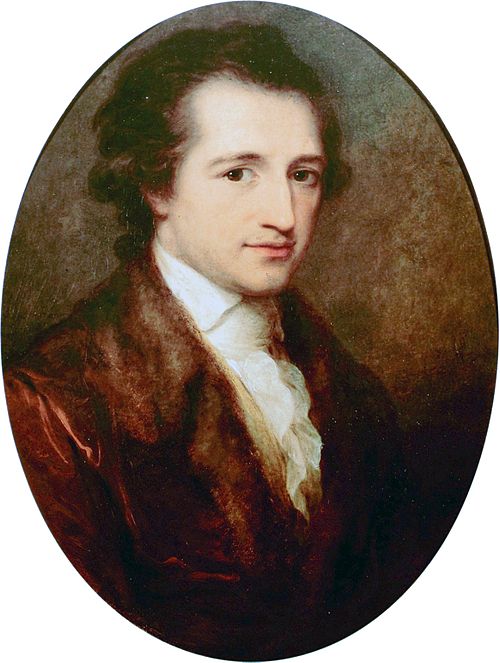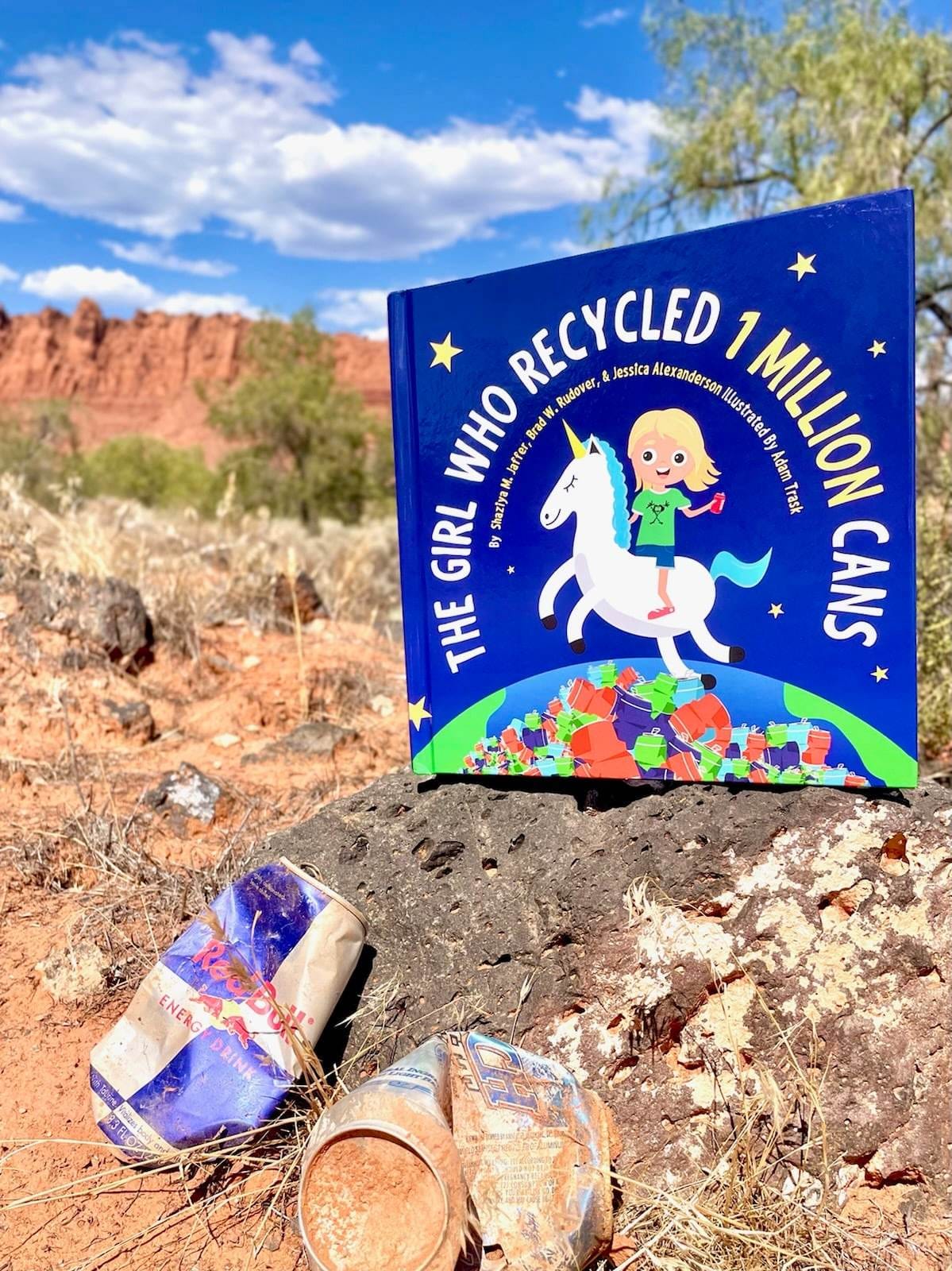|
Listen to or download this article:
|

CHANTICLEER 10 QUESTION AUTHOR INTERVIEW SERIES
with Award-Winning Author, Mike Murphey

Hello friends! We have another interview with a fabulous, versatile author!
Mike Murphey took home the 2023 CIBA Grand Prize award in the Mark Twain Division for his novel, Quantum Consequences, the fifth book in the Tales of Physics, Lust and Greed series. Here, he tells us about his writing journey, how the series Physics, Lust and Greed came to be, and the subsequent heights it is now reaching! Take a minute to find out more about this talented humorist!
Chanti: Let’s start at the beginning, Mike. Tell us a little about yourself and how you first discovered you had this wonderful talent for satirical fiction.
Murphey: I suppose I’ve had a fascination with books from the time I learned to read. I loved getting lost in a story, which led me to write stories of my own. My understanding of the power of humor is rooted in Mr. Donald Dye’s ninth grade math class. Mr. Dye was a stealthy fellow adept at sneaking up on students who wrote notes in class rather than paying attention. He would either read the note to the class, or force the author to read it, whichever inflicted the most embarrassment. I’d been writing a story in study hall the previous hour and was on a roll, so I hid my story under my math book, sneaking in a few lines here and there, until a heavy hand reached out from nowhere and snatched up my prose. As I anticipated my punishment, I saw his expression drift from anger, to puzzlement, to the hint of a chuckle. He handed my back the paper and said, “Go ahead. This will get you further than math ever will.”
Chanti: That’s a great story, and Mr. Dye sounds like a wonderful teacher, too! You work in multiple genres, often combining them in your stories. How lead you to incorporate multiple genres—humor, action, sci-fi, thriller—into your novels?
Murphey: I am not a slave to genre, and my background as a journalist left me interested in a variety of topics to write about. My focus on science fiction was spurred by the work of Jack Williamson, a dean of science fiction at Eastern New Mexico University in the small town where I grew up. His granddaughter and I were the same age, and I knew her well. I was not a good physics student because I couldn’t master the math, but the romance of physics—time travel, Einstein’s relativity of time, quantum entanglement, Schoedinger’s cat—sparked my imagination. I also love baseball, so I wrote a baseball book, and I grew up in the 60’s and loved the music, so I wrote a book about The Chad Mitchell Trio and the 60’s folk music era. At this point, I would be bored if I was trapped by genre.

Chanti: Variety in genre definitely keeps things interesting! How does that carry over to your writing process, are you someone who likes to plan everything out meticulously, or do you prefer to let the story unfold as you write?
Murphey: This is the classic plotters vs. pantsers issue. For many years, what kept me from writing anything beyond short stories was the belief that when I began, I had to know how it would end. Outline the whole thing and then fill in the gaps. But my brain doesn’t work that way. When I finally decided to write a minimum of 500 words a day and see where that path would lead me, it all fell into place. The characters and their story show me where to go as the story progresses.
Chanti: I love that daily word count approach! Outside of writing, do you have hobbies or interests that feed into your storytelling or inform your work in some way?
Murphey: I am an old-man baseball player, one of thousands who defy the premise that people in their 60’s, 70’s and 80’s have no business playing baseball rather than softball. My baseball novel The Conman… a Baseball Odyssey, is a fictionalized version of a friend’s convoluted journey through professional baseball, and my short story, Old Man Baseball, was a grand prize winner in Chanticleer’s short story competition. I also have a woodshop and enjoy making what we call Southwestern-style furniture—meaning the flaws are present to add a rustic authenticity.

Chanti: I remember Old Man Baseball and how much our readers loved it. Now, every writer has their strengths. What aspect of writing do you feel most confident about, and what advice would you give to someone who’s struggling in that same area?
Murphey: Dialogue. To write in different distinct voices, you must know your characters inside and out. Dialogue is much more important in establishing character than anything else. That’s my best advice. Know your principal characters as well as you know your best friend or your worst enemy.
Chanti: That’s excellent advice about really knowing your characters. Related tangentially to that, can you tell us about the authors whose work has really shaped your own?
Murphey: Mark Twain, Douglas Adams, Tom Robbins and Christopher Moore, because every time you pick up one of their books, you are engaged in a seminar on humor, satire, irony, and subtlety. And fifth, a New Mexico writer named Richard Bradford who wrote a book called Red Sky at Morning, a funny and poignant coming-of-age story that I read the summer I left my hometown in Eastern New Mexico and was separated from the girl with whom I thought I would share my destiny with. I determined then that if I was ever able to write a novel, I wanted to write like he did. That is where my first novel, Section Roads, came from.

Chanti: Writing is definitely a craft that requires constant growth. What do you do to keep developing and sharpening your skills as an author?
Murphey: I work with excellent editors. Three editors see my manuscripts. They all have different strengths, and they are the best teachers I have.

Chanti: Smart approach—having multiple sets of expert eyes on your work! Here’s something I always like to ask: What’s the most important thing a reader can do to support an author they enjoy?
Murphey: Besides reading your work in the first place, the most important way readers can support writers is to review their books on Amazon. The review can be as simple as “I really liked this.” Or “well, at least he tried.” The number of reviews a book gets increases the possibility that Amazon will pay attention to it.
Chanti: That’s such practical advice! Now, on a more personal note—what excites you most about the actual process of writing?
Murphey: Sitting down in the morning to find out what my characters have been up to.

Chanti: Short and sweet. As we wrap up, what are you working on now? What exciting projects can your readers look forward to seeing from you next?
Murphey: I’m writing a sixth book in my Tales of Physics, Lust and Greed series, but my principal focus has drifted toward screenwriting. I have three different collaborations in progress. One involves a short film for my short story Old Man Baseball, which was a Chanticleer grand prize winner. Another involves a streaming series for Section Roads, and a third involves the Tales of Physics, Lust and Greed series.

Mike Murphey, a native of eastern New Mexico, spent almost thirty years as an award-winning newspaper journalist in the Southwest and Pacific Northwest. Following his retirement from the newspaper business, he and his wife Nancy entered into a seventeen-year partnership with the late Dave Henderson, the all-star centerfielder for the Oakland Athletics, Boston Red Sox and Seattle Mariners. Their company produces the A’s and Mariners adult baseball fantasy camps. They also have a partnership with the Roy Hobbs adult baseball organization to provide clubhouse services for major adult tournaments in Fort Myers, Florida. They live in Spokane, Washington, and Phoenix, Arizona, where Mike enjoys life as a writer and old-man baseball player.









Leave A Comment